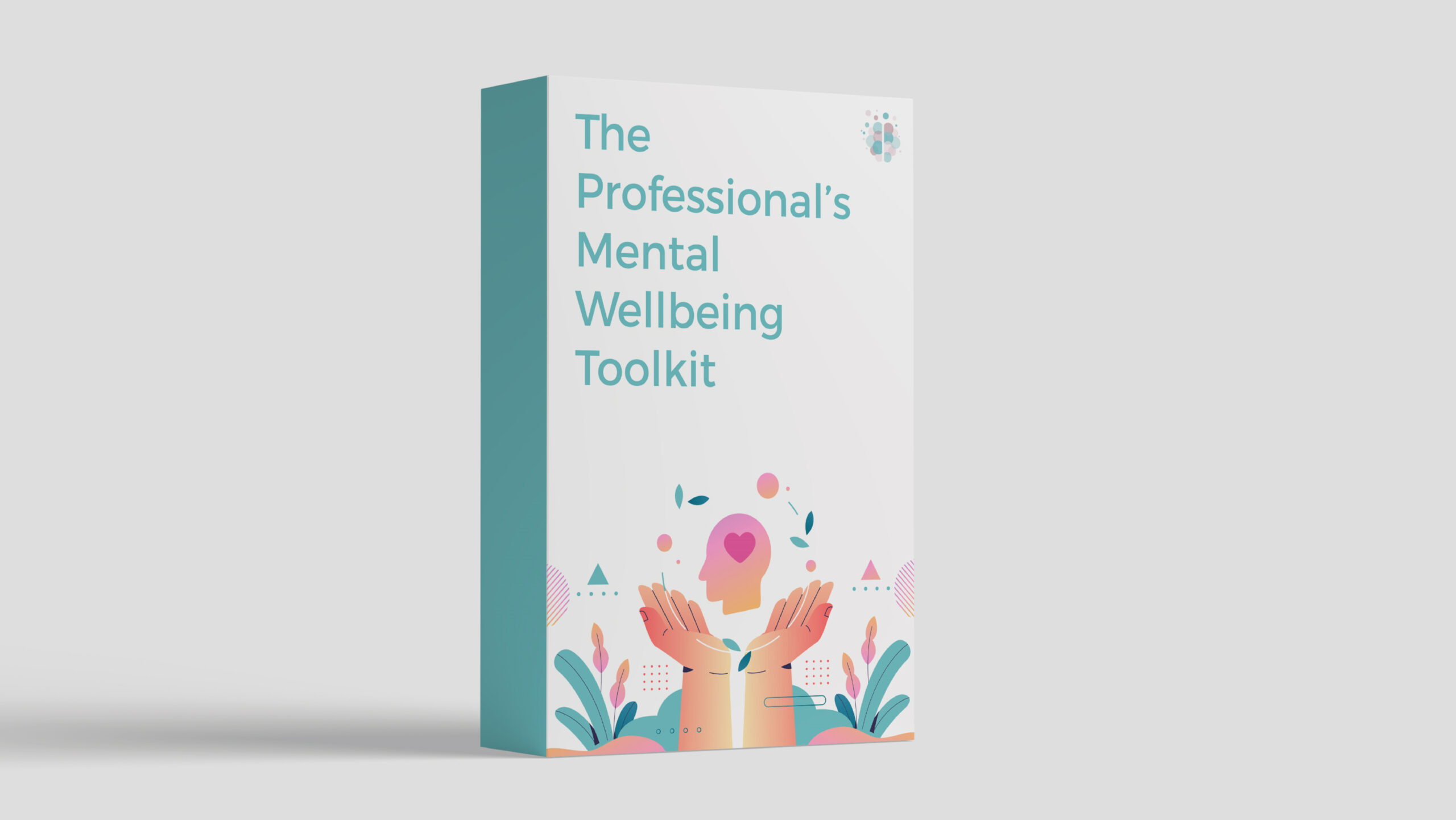The coaching industry is experiencing explosive growth, and there are now more than 100,000 practitioners worldwide, according to the latest study conducted by the International Coaching Foundation.
If you’re just getting your foot in the door during this period of rapid expansion, how do you start a coaching business?
Continue reading to learn how to launch a coaching business as well as uncover answers to common questions you may have when getting started as a coach.
Define Your “Why” For Coaching
Defining your values – or your “why” for being a coach – is a good place to start when launching a coaching business.
While’s there no right (or wrong) answer here, getting clear on your why can really help you in other areas of establishing and growing your coaching business.
If your why is to do more meaningful work, for instance, this principle can support you in identifying your ideal coaching clients. Similarly, if you’re clear that achieving financial independence is a guiding factor for your business, you’ll want this goal to inform how to package and price your coaching services.
Clarify Your Coaching Niche
As you get clear on your why, it can also be helpful to start thinking about the client niche you want to serve.
There are several ways to think about how you position your coaching business in the market. A common starting point here is to think about the type of coaching service, or coaching services, that you want to deliver. There are countless possibilities. To name just a few:
- Life coaching
- Wellness coaching
- Health coaching
- Career coaching
- Business coaching
- Executive coaching
- Leadership coaching
- Relationship coaching
- Fitness coaching
- Nutrition coaching
Once you’ve determined the type of coaching you want to offer, you can further clarify your niche by asking yourself about the types of clients you wish to serve:
What problems or challenges is your ideal client facing?
What solution does your ideal client desire?
Another way to think about coaching niches is psychographics – what type of personality, lifestyle, habits, behaviours, and interests does your ideal client have?
Package and Price Your Coaching Services
Next, a tricky area for new coaches is packaging and pricing their services, especially given that there’s so much competing data on the average cost of a coaching session.
When first gaining experience as a coach, it’s common to charge by the session. However, as your coaching business grows and you better understand the needs of your clients, you’ll want to experiment with different packages and service offerings.
You can also toy with providing complementary services beyond just coaching sessions to deliver additional value, which may include:
- Group coaching or networking opportunities
- Email, text message, or email support
- Facebook or Slack communities
- Educational documents and worksheets
- Assessments and inventories
Moreover, you need to remember the insights people gain from coaching extend well beyond the session, so you must price your services accordingly.
Also, don’t feel like your current price has to be your forever price. You can always increase your prices down the line as you develop your coaching skills.
Invest in Coach Training and Certification
Speaking of which, coach training and certification are worth considering because the coaching industry is currently unregulated. Not only do coach training and certification allow you to improve and deepen your skills, but they can also set you apart from your 100,000+ competitors. There are countless coaching training programs out there, so you’ll want to find the ones that align with your business goals and client demographics.
Here’s an article that explores where to study coaching.
Start Small
As coaches, we support people in making measurable progress toward their goals. However, when it comes to our own goals, this principle can sometimes unintentionally go out the window, especially when it comes to our businesses.
You might be tempted to take on many of the items listed in this article, but trying to do too much is a recipe for burnout. Rather, try to focus on one or two small, achievable goals at a time.
If you get stuck, don’t be afraid to reach out and ask for help from more experienced coaches who have been in the game longer than you. You might also consider joining one or more coaching industry associations, as they often offer Facebook, Slack, or similar channels to connect and share resources with fellow coaches.
Now, let’s dive into a few of the most common questions new coaches have about launching a business.
How Do I Get Coaching Clients?
One of the biggest challenges new coaches face is how to get new coaching clients.
There are three key ways to grow your business:
- Build your network
- Create visibility
- Help others
Read our deep dive article on this here.
Importantly, you’ll want to reflect on where your target client spends their time and then focus your efforts on reaching them there.
Many coaches use social media marketing to attract prospective coaching clients to their practice. However, please don’t feel like you have to be on social media simply because other coaches are, as many successful coaches don’t even post on social media.
How Do I Prepare For My First Coaching Session With a Client?
You want to start strong in the first session with a new client since it sets the stage for the rest of your coaching relationship. Developing a template or agenda can bolster your confidence and help guide you through the first session.
Notably, though, you want to remain curious and patient throughout the coaching process, especially in that initial session. Also, give yourself grace as you get used to operating as a coach and business owner.
How Do I Tell if a Client Is Not Yet Ready for Coaching?
Keep in mind that not all people you speak with will be ready to work with a coach, at least not the first time you speak with them.
A sign that someone may not be ready for coaching is that they want instant results yet aren’t ready to put in the effort needed to achieve change. Another indicator that someone may be challenging to work with is that they have a fixed mindset.
This article provides additional insights into when a client may not yet be ready for coaching.
When speaking with prospective and current clients, you also want to be equipped with the language and resources to refer them to a therapist when necessary. Depending on a client’s specific situation, mental health support can often be a great complement to coaching.
Finally, be patient with yourself as you develop your skills as a coach and business owner. You’ve got this!
Build Your Coaching Toolkit
Want a library of practical tools to share with clients? Check out The Professional's Mental Wellbeing Toolkit today. It's "everything you need all in one place."

About Kyle
Dr. Kyle Elliott, MPA, CHES (he/him/his) is the founder and career coach behind CaffeinatedKyle.com. He is an official member of the invitation-only Forbes Coaches Council, a member of the Gay Coaches Alliance, and a Stability Leader with The Stability Network.
Kyle’s words have been featured in Business Insider, CNBC, CNN, Entrepreneur, Fast Company, Forbes, Fortune, and The New York Times, among dozens of other leading publications. When not helping Silicon Valley’s top talent find jobs they LOVE, you will find him at Starbucks or Disneyland.



